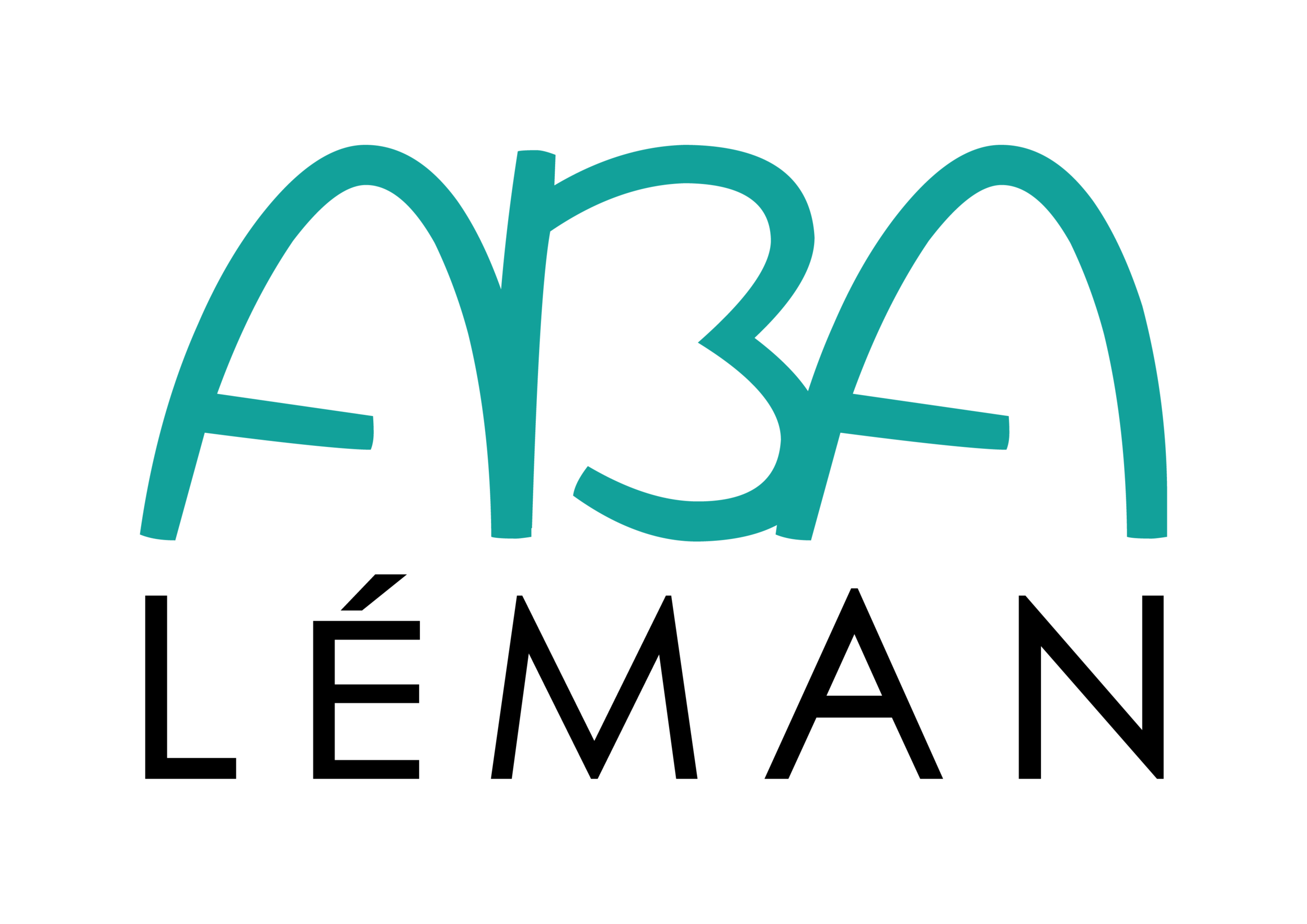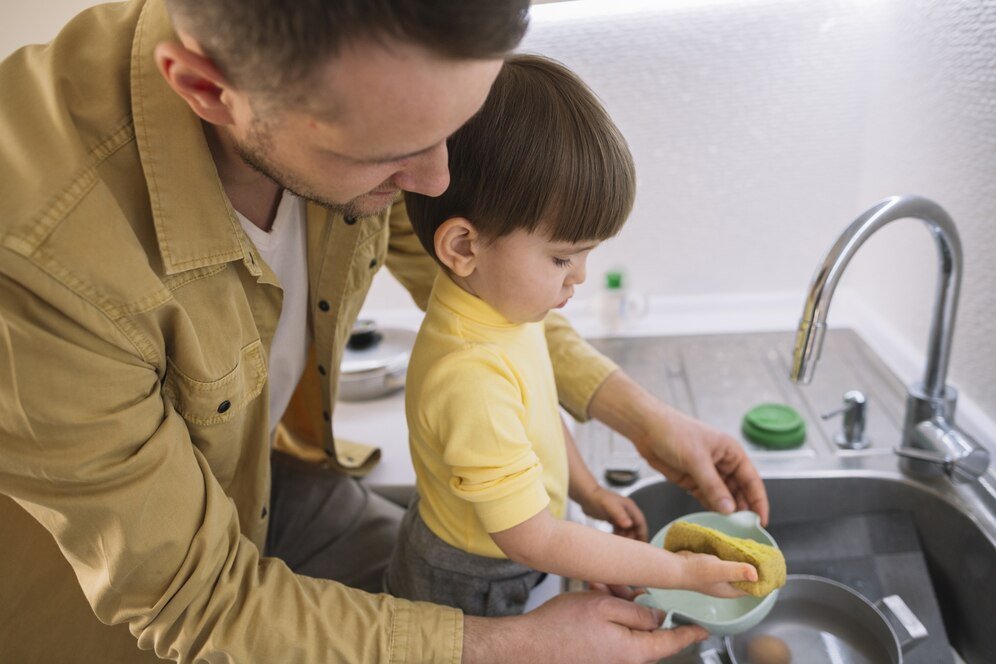How parents can practice ABA skills at home ?
No parent ever said, « I can’t wait to get home and practice everything my child learned in therapy! »
Therapy is hard work for the child, and for the parents as well. It is important to have a coherent approach to transfer the skills and fade some problem behaviors. This is not always fun or easy.
Parents can learn about the skills generalization from ABA therapy session to real life. It’s never like they expected to be, or they wanted it to be. It’s important to know that it doesn’t have to be perfect! They must simply keep practicing.
To keep the faith and motivation, parents can practice ABA methods in three ways. They can apply or adapt some of these methods at home.
ABA is about understanding how the environment influences behaviors, and what brings positive changes in behavior so we can respond accordingly.
ABA LEMAN utilizes play and positive reinforcement, providing rewards or consequences to increase desirable behaviors. By reinforcing positive behaviors, the kids are motivated to repeat them in the future. Thus, when parents practice ABA at home, they should try to model how therapist works with their child (recall the parental guidance while you came observe your child session at the Center). It’s ok to be playful, and fun when working with the child to help fade challenging behaviors and promote desired behaviors.
1. Practicing ABA in Response to child’s behavior
If child’s undesirable behavior troubles parent unexpectedly, they should try NOT to engage in any instinctual response. Somme parents can suspend whatever they want to say or do in mid-air. In this situation it’s good take a deep breath and think: how should I respond?
When responding to the child at the moment, parents have to do so in a way that help him growth. For example, ignoring when child pinches the parent for attention. Or if he is mouthing his hand incessantly, remove it from his mouth and redirect child to another activity (give him chewy).
Parent should think: What is the function of his child’s behavior? What is child trying to communicate?
Thinking from child perspective will inform parent approach at that moment.
This requires parent to think on his feet, which is challenging. But if the first parent response is to THINK about what’s next, he is already implementing ABA in his home.
2. Practicing ABA in daily routines
Some parents naturally think proactively. Whether some of them do or don’t, there are few parts of parent day that can be organized. If parent plan out child mealtime, playtime, and bedtime, he won’t have to think about what ABA strategies to use at the moment.
Tips to incorporate ABA skills into:
Mealtime – have a picture that child can point to tell either “more” or “done”. This communication prevents him from throwing his bowl when he’s finished eating.
Playtime – have a time-timer or your cellphone timer to indicate when child must pick up toys at the end of playtime. This helps him to visually control time left for play, he is aware when all is done, …and he will not be upset.
Bedtime – it’s time for routines: potty, bath, brush teeth, and book reading. Use visual support First/Then: “First, you need to do brush your teeth. Then we will read a story once in bed.”
Consistency and repetition are parent friends. It’s hard to have strict routines, it is also a gift because it allows parent not to think about every step of the day, …parent and child know what to expect. Parent daily routines help other family members (siblings) learned easy some skills from parental guidance sessions.
3. Practicing ABA when parents are tired
It’s exhausting raising children. When parent have an ASD child, it takes an extra dose of love and patience. In addition to practicing ABA, parents are also raising other kids, have a full-time job, making meals and helping with homework. Lack of time is one of the biggest difficulties to keep consistent ABA plan at home. Parents tend to have great intentions, but often they’re out of time and energy. When this happens, be kind to yourself and try again the next day.
Feeling overwhelmed by parental role in ABA therapy is normal. Our therapists can help you prioritize what to work on with your child at home. There may be a many things parent need to target but trust the process of taking each one at a time in order of importance.
The most important thing is not to give up. Get to your therapist for support when you feel overwhelmed. Therapist will help you select some key objectives. Often parent only focus may be to watch his reactions to the child’s behavior. Or implement a solid routine to gain a bit more margin in his life. And if parent need to take a break and not do ABA for a bit, this is all fine. Take a break and then come back to it with renewed energy.



